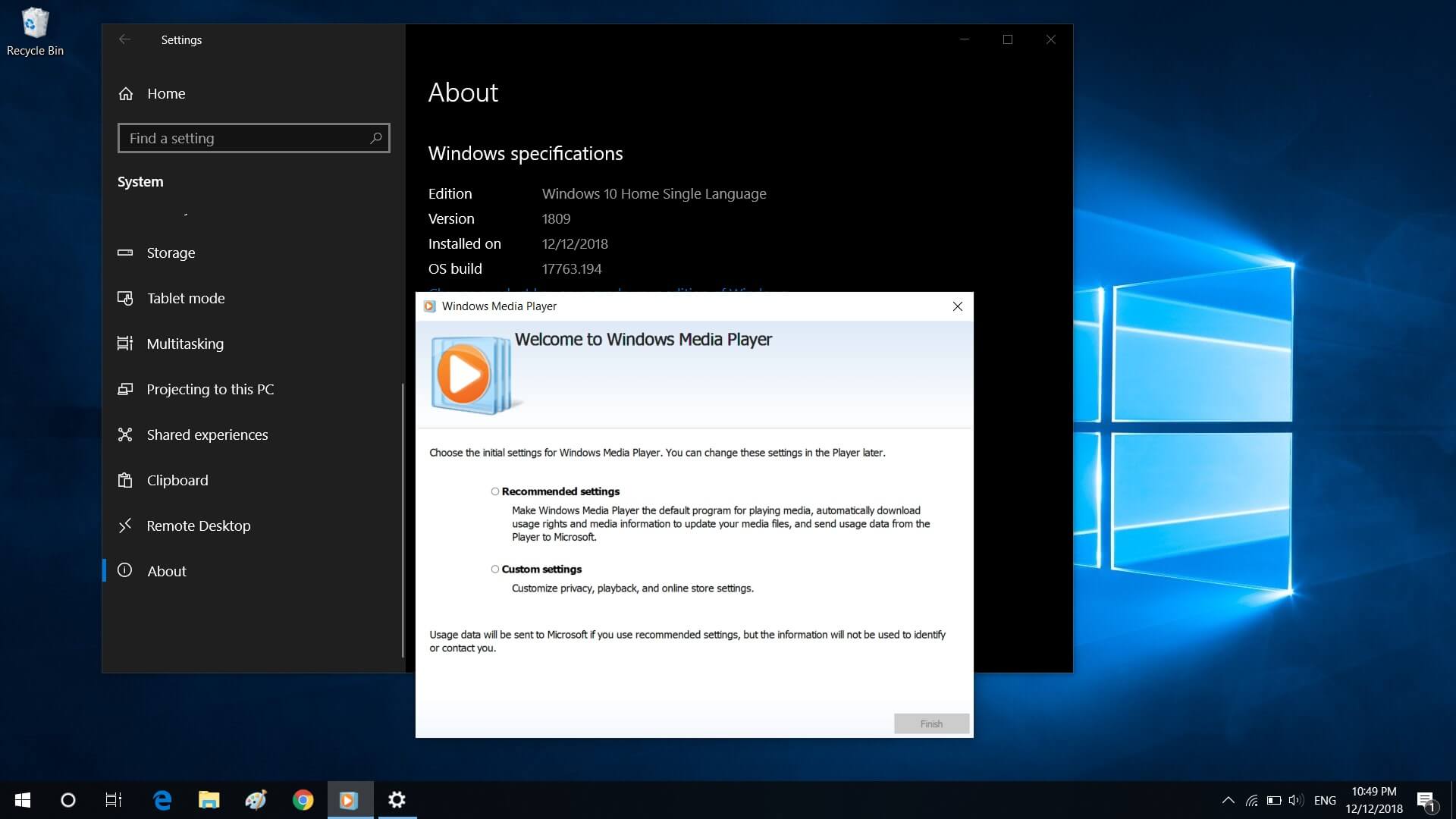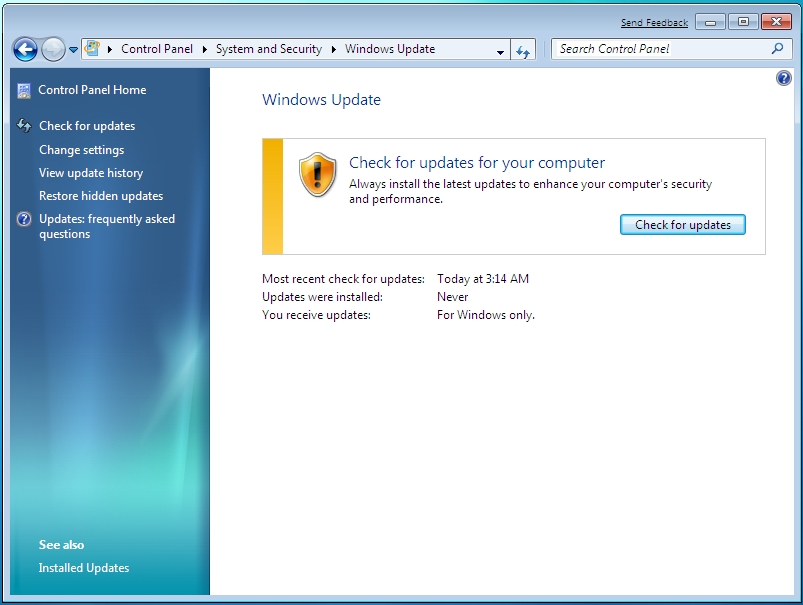

Even an inexpensive SSD will likely give you more storage capacity than a Windows 7-era PC, while dramatically speeding up boot times and making the system snappier in general.

Boosting your RAM from minimum levels will let Windows 10 operate more effectively (and more quickly) and will let you have multiple applications and Windows open. RAM and storage are two things you will never have too much of. If you have an older computer with specs anything like those above, I would seriously recommend two upgrades before proceeding: install more RAM and replace your hard drive with a higher capacity version (ideally a speedy SSD). If you try to install and run Windows 10 on a PC with anything close to those minimum specs, I will guarantee it is going to be a frustrating experience. However, technically being able to run an operating system is very different from it being a practical exercise. An operating system that was released a decade ago! If that sounds familiar, believe it or not, these are virtually the same minimum hardware requirements as Windows 7. One of the great achievements of Windows 10 is that the minimum hardware requirements are remarkably modest.Īccording to Microsoft, your PC will require at least a 1GHz processor, 1GB of RAM (2GB for 64-bit Windows 10), 16GB to 32GB of free disk space, DirectX 9 or later with WDDM 1.0 driver graphics support and a display of 800 x 600 pixels. The second is whether your Windows 7 PC hardware can support cool Windows 10 features like Cortana voice commands and Windows Inking-and whether you care about this. The first is whether the age and capabilities of your Windows 7 PC are good enough for it to be physically functional after a Windows 10 upgrade. There are really two approaches to answering this question. That leaves millions of Windows 7 users asking the question: should I upgrade from Windows 7 to Windows 10, or buy a new computer? Assuming your hardware is current enough to take advantage of everything Windows 10 offers … That means paying for a new operating system, but does offer the benefit of new capabilities. No more software updates, no more technical support and no more security updates. Microsoft is officially ending all support for Windows 7 ( you can read all the details here), and that means if your laptop or computer is currently running Windows 7, the clock is ticking. Moving from an older version of the OS to the latest and greatest can make it feel as though you are using a new PC. One of the great things about computers is that operating systems can be upgraded.


 0 kommentar(er)
0 kommentar(er)
